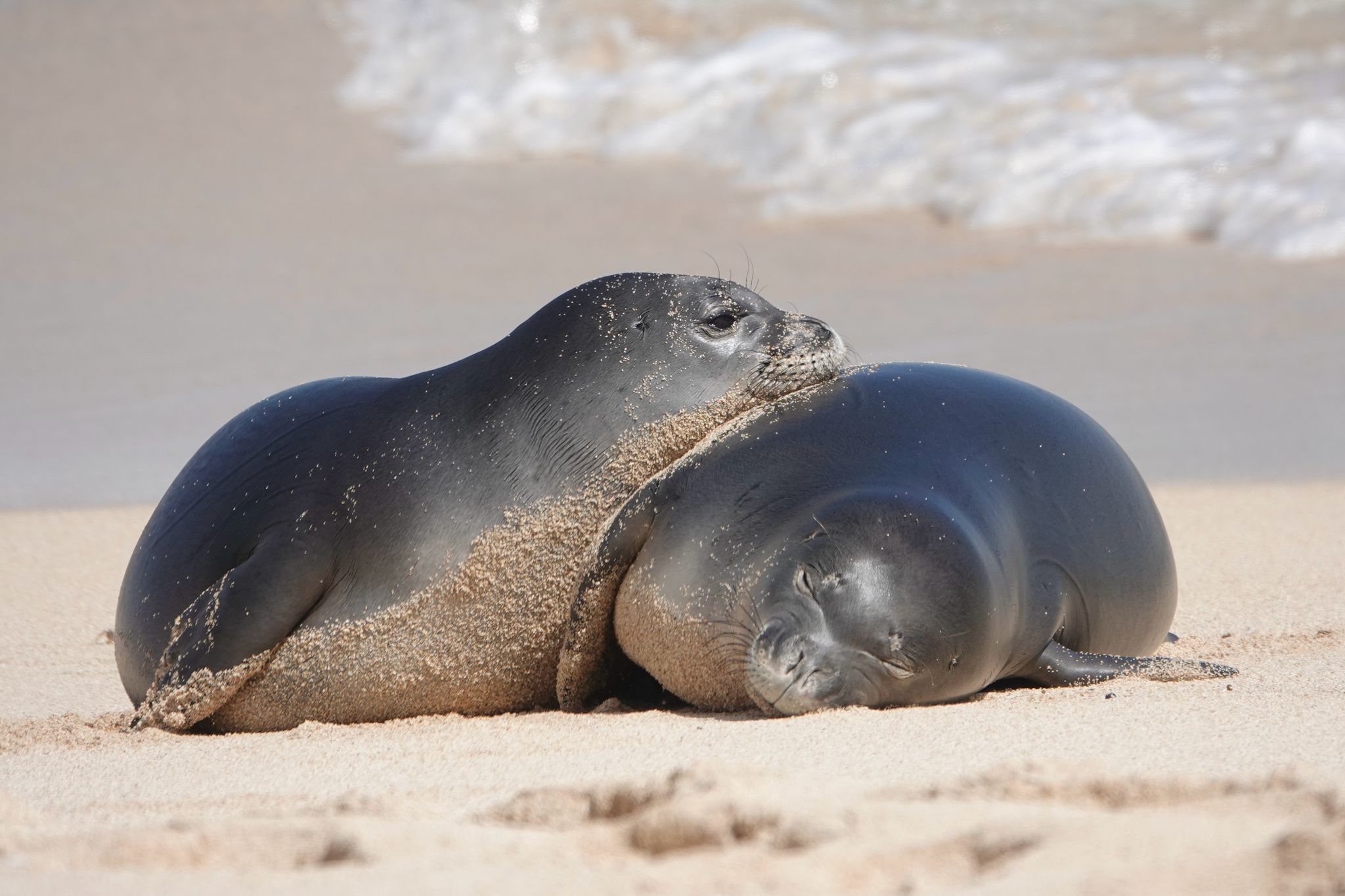About Humpback Whales
About Humpback Whales
- Humpback whales are marine mammals, they breath air, have live births and they nurse their young.
- The latin name for Humpback whales is Megaptera novaengliae or “big-winged New Englander.”
- Humpback whales are baleen (filter) whales, not toothed whales.
- They spend their summer times in high latitudes and winter in tropical waters.
- Most humpbacks seen in Hawaii have traveled from Canadian or Alaskan waters – a 3,000 mile journey that they can make in as little as 36 days.
- The North Pacific stock of Humpback whales is estimated at around 21,000 individuals, of which around 10,000 come to Hawaii, normally between November and May with the peak being between January and March.
- They can weigh between 50,000 to 80,000 pounds and can grow to up to 45 feet long. Newborns are about 15 feet long.
- The gestation period is around 11 months. Weaning occurs between 6 and 10 months after birth. The male of the species is not involved in parenting. Females normally breed about every 2 years.
- Humpback whales can live up to about 50 years old.
- They eat krill, plankton and small fish – up to 3,000 pounds per day.
- Humpback whales are known for breaching or slapping behaviors.
- The key threats to Humpback whales include entanglement, ship strikes, harassment, habitat impacts (such as ocean pollution and health impacts from artificial underwater sound) and illegal hunting.
Get The Responsible Viewing Guidelines Brochure

Sharing the Environment with Humpback Whales
Help preserve the Humpback Whales
Stay at least 100 yards (300 feet) away, this is a legal minimum distance.
Limit your observation period to 30 minutes or less.
Do not harass, encircle or trap whales between boats or the shore. Pass behind any animals.
If approached, please put your boat engines in neutral and allow them to pass.
If approached while swimming in the water, leave the water or the area you are swimming without causing disturbance – do not attempt to swim with the animals.

